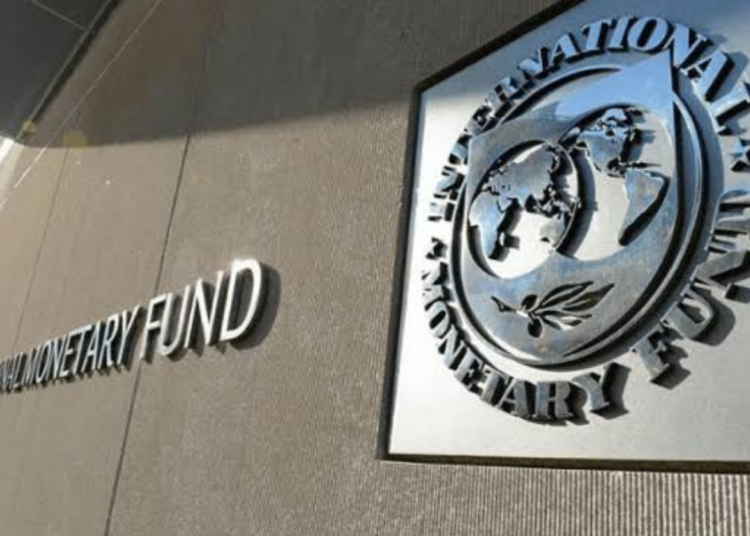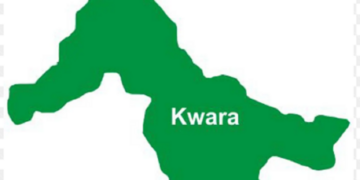The International Monetary Fund (IMF) has underscored near-term downside risks arising from Nigeria’s elevated inflation, high debt-servicing costs, external sector pressures, and oil sector volatility.
Looking ahead, the IMF directors, who recently visited Nigeria, recommended decisive fiscal and monetary tightening to secure macroeconomic stability, combined with structural reforms to improve governance, strengthen the agricultural sector, and boost inclusive and sustainable growth.
The IMF directors also urged the authorities to finalise securitization of the CBN’s existing stock of overdrafts and emphasised that the CBN’s budget financing should strictly adhere to the statutory limits.
The IMF urged decisive and effective monetary policy tightening to avoid a de-anchoring of inflation expectations. Noting recent increases in the policy rate, they encouraged the Central Bank of Nigeria (CBN) to stand ready to further increase the policy rate if needed, and to implement additional actions, including fully sterilizing central bank financing of fiscal deficits and phasing out credit intervention programmes.
“Strengthening the CBN’s independence and establishing price stability as its primary objective is critical,” the Fund stated.
The IMF directors highlighted the need for bold fiscal reforms to create needed policy space, put public debt on sound footing, and reduce vulnerabilities.
They urged the authorities to deliver on their commitment to remove fuel subsidies by mid-2023, and to increase well-targeted social spending.
IMF called on the authorities to strengthen revenue mobilization, including thorough tax administration reforms, expanding the tax automation system and strengthening taxpayer segmentation, and improving tax compliance is also a priority.
In the medium term, the directors recommended modernising Nigeria Customs Service (NCS) administration, rationalising tax incentives, and raising tax rates to the levels of the Economic Community of West African States (ECOWAS).
We’ve got the edge. Get real-time reports, breaking scoops, and exclusive angles delivered straight to your phone. Don’t settle for stale news. Join LEADERSHIP NEWS on WhatsApp for 24/7 updates →
Join Our WhatsApp Channel










